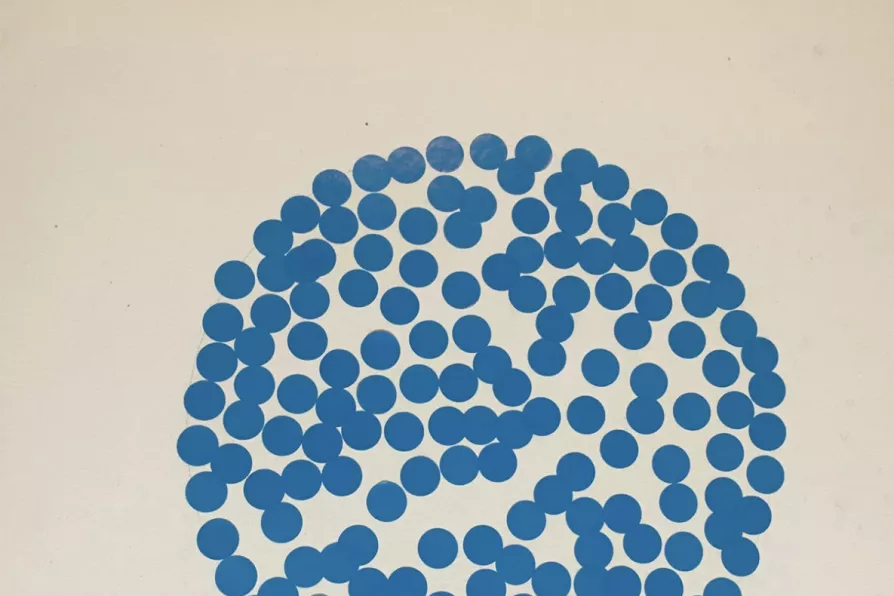This weekend, the NEU holds a special conference to debate changing its approach to organising teaching assistants, which a 2017 TUC agreement forbids. General secretary DANIEL KEBEDE outlines the choices before delegates

 EMOTIVE: Nathan Lee Davies is an independent living campaigner in Wrexham. His collages express the intense frustrations of inadequate social care support and depict the loneliness and isolation of disabled people in a right-wing Conservative world
EMOTIVE: Nathan Lee Davies is an independent living campaigner in Wrexham. His collages express the intense frustrations of inadequate social care support and depict the loneliness and isolation of disabled people in a right-wing Conservative world
AT THE end of one of the hardest years in living memory, disabled campaigners are determined to make celebrations for this year’s International Day of Disabled People extra special.
After a decade of austerity and welfare reform measures deliberately designed to hit disabled people hardest, along came Covid-19 and official responses to the pandemic that explicitly rated disabled people’s lives as worth less than those of non-disabled people.
The year 2020 was also the anniversary of two important disability-related milestones: the first was the passage of the Disability Discrimination Act in 1995; the other was the founding of Disabled People Against Cuts.

Digital ID means the government could track anyone and then limit their speech, movements, finances — and it could get this all wrong, identifying the wrong people for the wrong reasons, as the numerous digital cockups so far demonstrate, warns DYLAN MURPHY

Here are the voices of DANIEL KEBEDE, FRAN HEATHCOTE, HOLLY TURNER and LEANNE MOHAMAD explaining why they will be taking part in the People’s Assembly No More Austerity demo next weekend












